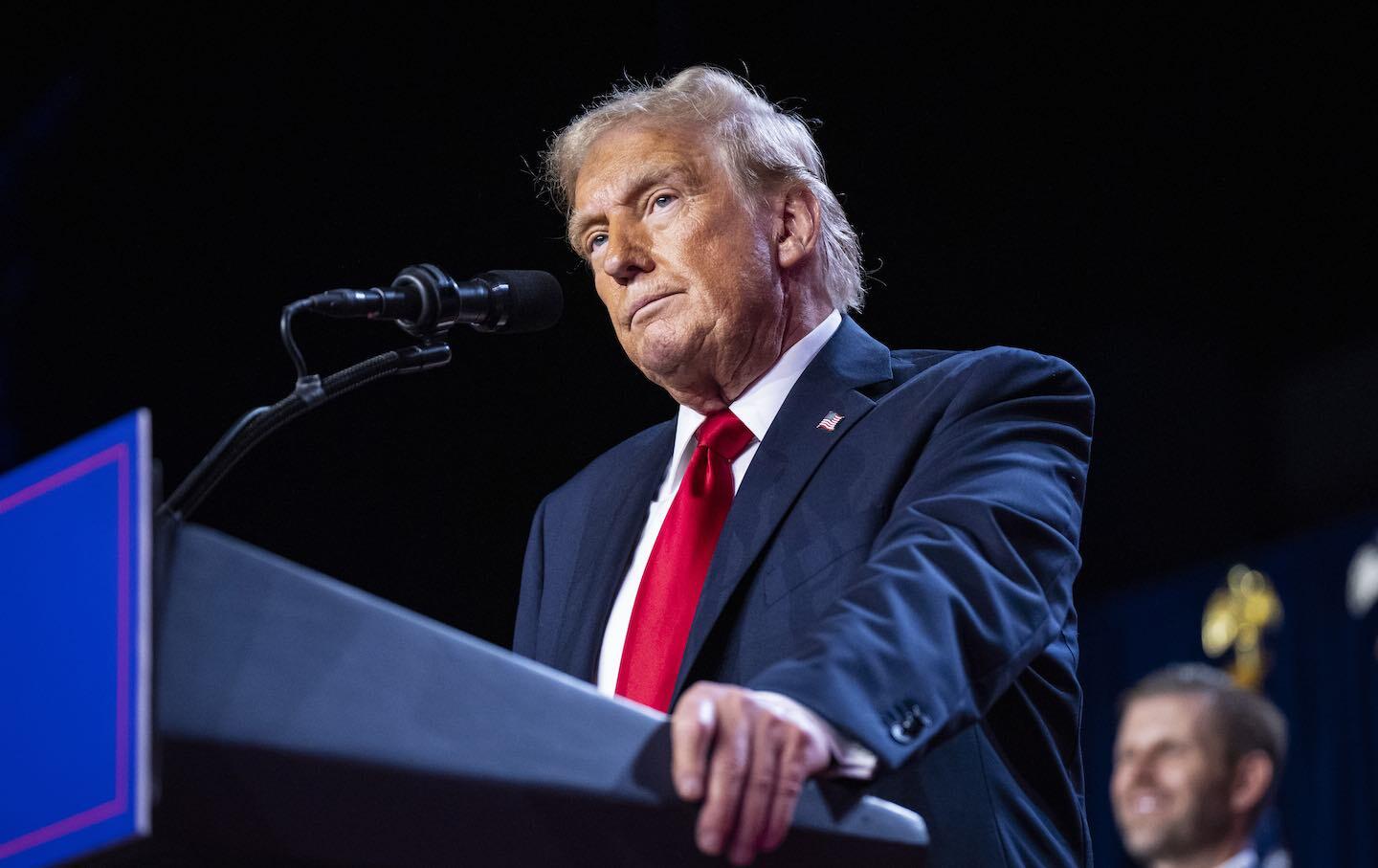- cross-posted to:
- politics@beehaw.org
- usa@midwest.social
- cross-posted to:
- politics@beehaw.org
- usa@midwest.social
Summary
Trump’s popular vote share has fallen below 50% to 49.94%, with Kamala Harris at 48.26%, narrowing his margin of victory.
Trump’s share of the popular vote is lower than Biden’s in 2020 (51.3%), Obama’s in 2012 (51.1%) and 2008 (52.9%), George W. Bush’s in 2004 (50.7%), George H.W. Bush’s in 1988 (53.2%), Reagan’s in 1984 (58.8%) and 1980 (50.7%), and Carter’s in 1976 (50.1%).
The 2024 election results highlight Trump’s narrow victory and the need for Democrats to address their mistakes and build a diverse working-class coalition.
The numbers also give Democrats a reason to push back on Trump’s mandate claims, noting most Americans did not vote for him.



Think about the NPVIC critically for a moment. What would you have done if your state voted for Harris, but some agreement your state legislators made forced your state’s EC votes to go to Trump? Suppose the margins were narrow enough that your state’s EC votes were the deciding factor.
I would be contacting my state representatives and governor immediately, demanding they withdraw from that compact before the EC votes are cast in December.
Trump voters would make similar demands of their state if the situation were reversed.
The NPVIC will never actually affect an election, because the participating states would almost certainly withdraw long before it did.
There was some misinformation like that spread about Colorado this year, where more people voted Harris but the state assigned their electors to Trump. Only would happen if the compact is in force.
Thing is though, as it stands with the EC, neither party gives a shit about Colorado in elections as a 54/44 split is treated as a “given” for the Dems. With a national popular vote, every blue vote in Colorado or Washington, would matter just as much as a red vote in California, same as a blue vote in Oklahoma or a red vote in Montana.
Sure, people will try to call their reps and sue if they think their state could flip the result when EC doesn’t match the popular vote result. Those processes tend to take a long time that the chances of reversing it before January are slim. This election, it would have gone to Trump either way since he had a plurality of votes. Is it really fair that only 7 or 8 states of 50 had over 90% of the campaign visits, and nearly half had none?
You don’t have to convince me of the merits of bypassing the EC.
You do have to convince me that the NPVIC will remain in effect after one election. Yes, repealing something like this generally takes time, and probably longer than the 5 weeks or so between the election and the day the EC votes are cast. But they don’t have 5 weeks. They have the entire election cycle.
The only way it stays in effect is if it has no effect. If it would ever change the outcome of an election, it will be repealed by every state compelled to flip its votes.
Are you certain? I do see the possibility of a state attempting to repeal it after the popular vote going the way they didn’t want and perhaps it would only live for one election cycle. I’m just not sure that every state that could overturn it would want to do so, given that a campaign under a national popular vote would mean that there would be far more attention paid to places outside of Pennsylvania and the select handful of swing states. Both campaigns want to see all of America improve in their speeches, not just the midwest and sunbelt battlegrounds, but their campaign actions aren’t representative of that within the EC.
E: Oh and if the 2028 and/or 2032 election has a result where popular vote and EC are aligned when the compact is first in force, there will be much less momentum to overturn it in the following election even if they differ.
Under popular vote, candidates will run to the urban centers, and completely ignore the rural populace. NPVIC creates Panem.
There’s no perfect solution, but the fact there will be more campaigning in urban centres is not an indictment of the popular vote system. Rural centers don’t have to be excluded, campaign resources can be more spread out to them than before.
Example: Sure, maybe Trump wouldn’t have visited Butler, PA without EC but they are the few rural areas that would benefit at the expense of small towns in every other state. Instead, you would have Republican outreach to the red states that are perennially overlooked, Trump visiting Redding to get out the vote there, Harris campaign in CO and the PNW. Puerto Rico, US territories and DC would have actual importance instead of the whole discussion being around “what does insulting the entirety of Puerto Rico mean for Pennsylvania?”